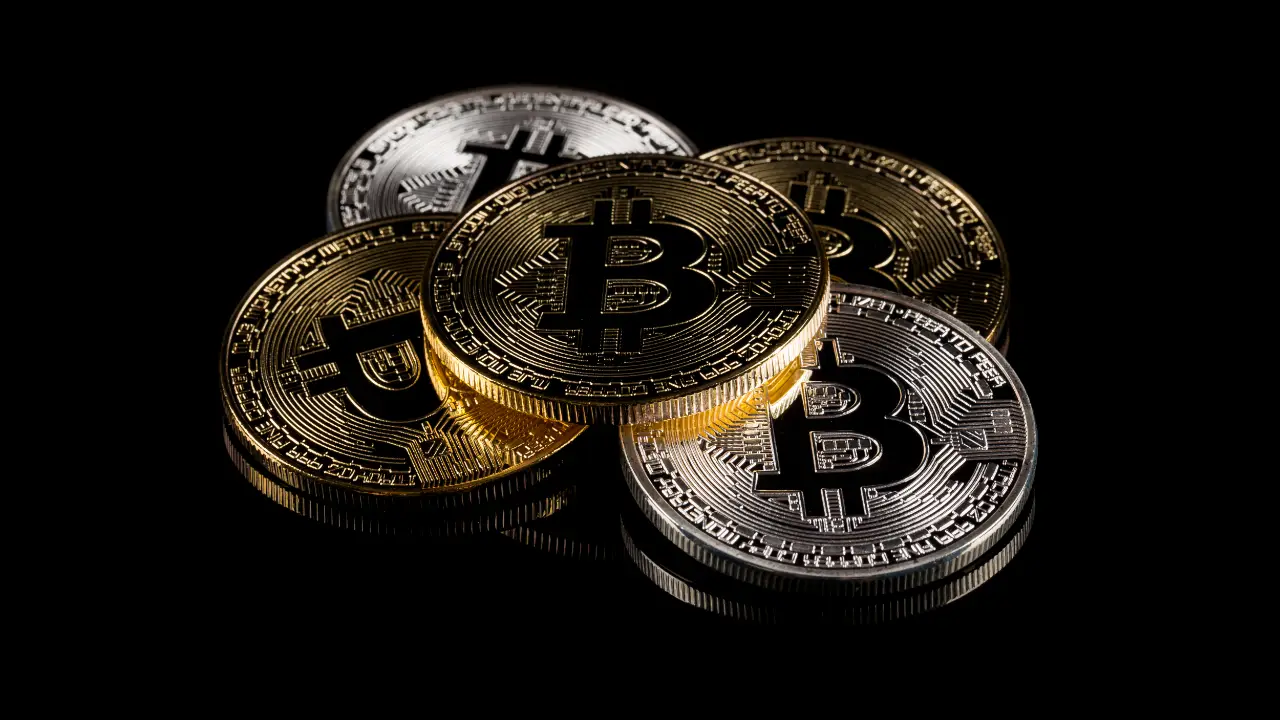In the midst of the mounting excitement surrounding the potential approval of a spot Bitcoin exchange-traded fund (ETF) in January 2024, certain industry analysts have raised concerns, particularly regarding the issue of backing.
Josef Tětek, a Bitcoin analyst at the hardware crypto wallet firm Trezor, voiced his apprehensions in December 2023, suggesting that spot Bitcoin ETFs might steer individuals away from self-custody, possibly leading to the creation of “millions of unbacked Bitcoin.”
He warned of a scenario where these ETFs could result in what is often termed “paper Bitcoin.”
Tětek’s remarks stirred a significant response within the crypto community, with some dismissing his claims as FUD (fear, uncertainty, doubt), while others pondered the means to ensure that ETF issuers truly hold Bitcoin on behalf of their clients.
Some observers even advocated for the publication of “actual on-chain addresses” in addition to reports on the issuers’ BTC holdings.
David Gerard, the author of “Attack of the 50 Foot Blockchain,” countered Tětek’s concerns, asserting that it was “unlikely” for ETF administrators to create unbacked BTC equivalents or misrepresent their assets.
He emphasized the regulatory oversight and credibility of well-established financial entities, dispelling the notion that unbacked ETF shares were a realistic threat.
However, he didn’t delve into whether clients could independently verify BTC holdings by issuers.
Drawing a comparison to gold ETFs, Bloomberg ETF analyst Eric Balchunas contended that spot Bitcoin ETFs would closely resemble them.
READ MORE: US Prosecutors Hint at No Second Trial for Ex-FTX CEO Sam Bankman-Fried
He pointed out that gold ETFs, having been in existence for two decades, diligently disclose the quantity of gold held by the custodian.
Balchunas emphasized the meticulousness of asset managers, stating they neither desired legal trouble nor wanted the negative publicity that would accompany any failure to hold Bitcoin or any shorting of it.
He also noted that companies like BlackRock and Grayscale were exposed to Bitcoin’s volatility.
The key distinction with spot Bitcoin ETFs, as currently conceived, is that investors would receive cash instead of Bitcoin upon redemption.
Balchunas advised individuals seeking direct ownership of Bitcoin to do so through self-custody, which aligns with the original vision of Bitcoin’s anonymous creator, Satoshi Nakamoto.
He underscored that the vast collective assets in mutual funds and ETFs, amounting to approximately $30 trillion, meant that most investors preferred to avoid direct interaction with the underlying assets.
While many industry observers expressed confidence in the integrity of ETF providers in the cash-create model, others remained convinced that there was a fundamental issue.
According to Tětek, the only way to eliminate concerns of “paper Bitcoin” would be if ETF shares were redeemable for actual Bitcoin.
However, given that the proposed ETFs only allowed for cash in and cash out, investors would have to place trust without the ability to independently verify holdings.
Discover the Crypto Intelligence Blockchain Council




